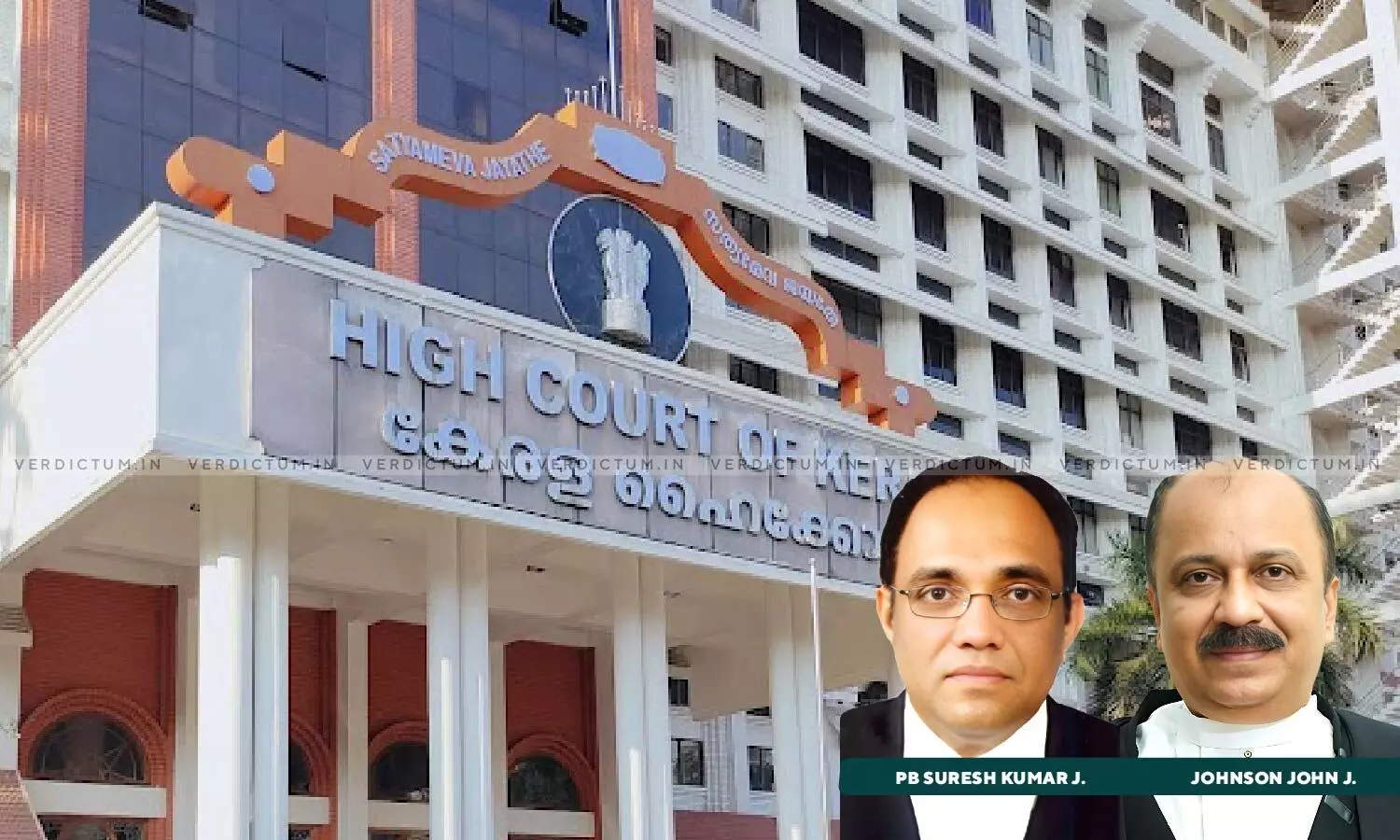
NIA Can Register And Investigate A New Case Without Reference From State Government: Kerala HC Upholds Investigation Into Terrorist Activities Of PFI Workers
 |
|The Kerala High Court ruled that Section 6(5) of the National Investigation Agency Act (NIA) empowers the Central Government to order investigations into a new case involving Scheduled Offenses and not just a pending case even without a prior reference from the State Government.
The petitioners sought to quash two orders issued by the Central Government. The first order activated the National Investigation Agency (NIA) to probe offences allegedly committed by leaders, activists, and members of the Popular Front of India (PFI) by instigating communal violence and radicalising its cadres to commit terrorist acts in the State. The second order expanded the NIA's jurisdiction to investigate a crime linked to the murder of an RSS/BJP activist Srinivasan in Palakkad. Their objective was to annul these orders and subsequent proceedings, including the First Information Report, the High Court's transfer order, and the consolidated final report. The crux of their grievance centered on the legality and ramifications of the government's directives and the consequential actions undertaken by the NIA and the Special Court for Trial of NIA Cases, Ernakulam.
A Division Bench of Justice P.B. Suresh Kumar and Justice Johnson John held, “If the provision contained in sub-section (5) is understood having regard to the very object of the legislation as explained in its long title, there will not be any difficulty in understanding sub-section (5) as a provision which confers power on the Central Government to direct the NIA to investigate a Scheduled Offence which is brought to the notice of the Central Government on the opinion that the same is one required to be investigated by the NIA, even if the offence in respect of which no case has been registered, for criminal investigation in terms of the provision contained in the Code presupposes registration of a case, whichever be the investigating agency.”
Senior Advocate S. Sreekumar and Advocate Renjith B. Marar appeared for the Petitioners and Advocate Sasthamangalam S. Ajithkumar appeared for the NIA and Advocate B.G.Harindranath for the High Court of Kerala.
The Court discussed specific sections of the NIA Act, particularly Sections 6 and 8 in relation to whether the Central Government can direct investigations into pending cases or new cases. The Court examined the phraseology of these sections and considered interpretations presented by different legal experts. Additionally, the document delved into the NIA's power to investigate connected offenses under Section 8.
One of the main contentions was that the Central Government cannot, under Section 6(5) of the NIA Act, direct the NIA to investigate a case without a prior reference from the State Government. The Court dismissed this argument, asserting that Section 6(5) empowers the Central Government to order investigations into Scheduled Offenses, even those not yet reported, and deemed the information received as if from other sources.
The Court also addressed whether a specific case was connected to a Scheduled Offense justifying an NIA investigation. The Court found that some accused individuals were common to both cases, and the NIA's proposal supported the connection, leading to the Central Government's order directing NIA to investigate the Crime. The Court thus said, “We are unable to find in the above factual background that the offence involved in Crime No.318 of 2022 cannot be considered as an offence connected to the Scheduled Offence involved in RC-02/2022/NIA/KOC. The question is answered against the petitioners in the writ petition.”
Furthermore, the Court examined the validity of orders issued by the Central Government, determining that they were not vitiated due to a lack of proper consideration. The Court said, “We do not agree. Inasmuch as investigations undertaken pursuant to the said orders disclosed commission of scheduled offences and culminated in a final report in terms of Section 173 of the Code, the petitioners in the writ petition are not entitled to challenge the orders issued by the Central Government on the ground aforesaid.”
Lastly, the Court said that the High Court's administrative power to transfer cases was within the Court's jurisdiction, citing judgments of the Apex Court.
The Court dismissed the case, asserting that the arguments lacked merit based on the discussions and interpretations of the relevant sections of the NIA Act.
Cause Title: Ali K. & Ors. v. Union Of India & Ors.
Click here to read/download Judgment